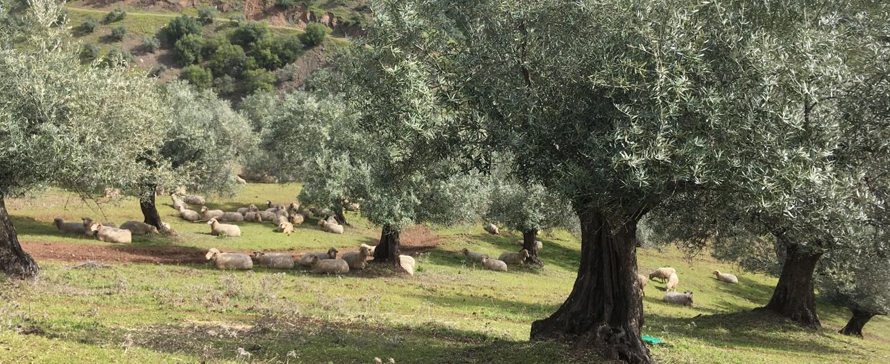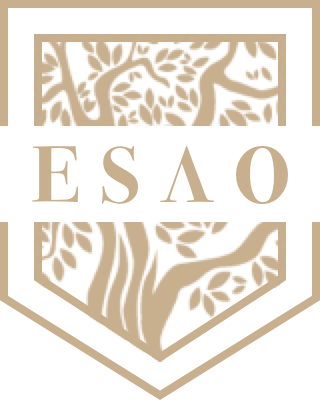Listen to this article
Organic farming aims to produce while respecting the environment to the highest degree, without using synthetic products. In the specific case of olive orchards, in comparison with conventional farming there are limitations.
These are the main limitations:
- Herbicides. Totally prohibited.
- Copper fungicides are authorized; synthetic fungicides are prohibited.
- Insecticides. Only certain compounds made from natural products are authorized.
- Chemical fertilizers. Those that come from natural deposits that have not undergone any industrial chemical purification or concentration process are authorized.
Organic groves are guided by the same principles that govern conventional olive grove management, the difference being that certain tools are restricted, such as those previously cited for phytosanitary and fertilization treatments.
Therefore, to keep production at a good level, it is important to be especially efficient in grove management since our options here are more limited.
Herbicides
Since the use of herbicides is prohibited, soil management must be based on a combination of tilling and weeding. For olive groves without irrigation in relatively arid climates, it is important to understand that weeding, be it through mechanical means or by animal grazing, does not completely eliminate the competition from the weeds, which would create disturbances in production.
When weed control is done mechanically in dry-farming, it needs to be very well done, several times throughout the spring, or it can be combined with tilling.
Fungicides
Fungal diseases, such as repilo, are a very important limiting factor, especially for olive groves in subhumid to humid climates. Whereas copper fungicides are authorized in organic olive groves, synthetically made curative systemic fungicides (that can eradicate pre-existing infections in the grove)are not. Therefore, in an organic olive grove, the strategy against leaf fungus is based on prevention, by pruning that permits good ventilation in the tree crown, rational management of irrigation and nitrogen fertilizer, and the use of preventative copper fungicides, always before infection-promoting conditions are present.
Insecticides
Only a few products can be used, such as bacillus thurigiensis, used especially against the prays olive moth, and spinosad, used against flies. In the case of flies, a combination of repellents such as kaolin or diatomaceous earth, and above all, early harvest, would be a high priority, so that the repercussions in the quality of the oil from the olives would be minimized.
Fertilizers
Nitrogen is not a nutrient found in the ground from rock mineralization: it gets into the soil from the atmosphere, both through micobial fixation and rain. The main reservoir of nitrogen in soil is through organic matter. Farm soils are usually poor in organic matter, so nitrogen is a fundamental part of agriculture.
Synthetic nitrogen fertilizer, a key component in conventional farming, is not usable in organic farming. This is one of the main limiting factors in organic farming.
To provide nitrogen in organic farming, the following sources are used:
- Animal waste, such as manure or leftovers from the slaughterhouse
- Plant debris, such as compost
- Growing green manure legumes
The rest of the nutrients that plants need are present in rock minerals, as deposits are spread all over the planet and can be extracted and sold in the form of fertilizers.
Thus, in organic farming, sources of authorized mineral fertilizer can be used for the majority of nutrients needed.
.png)




